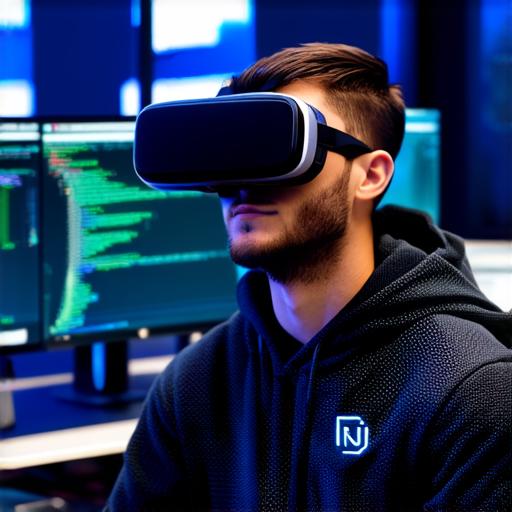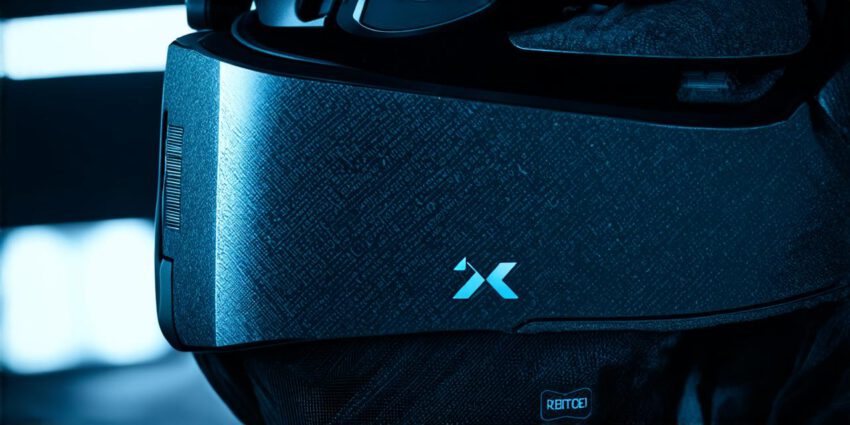As virtual reality (VR) technology continues to grow in popularity, more and more people are asking about what it takes to become a VR developer.
What Does a Virtual Reality Developer Degree Entail?
A virtual reality developer degree typically involves studying computer science or engineering with a focus on VR development. This includes learning about programming languages like Unity and Unreal Engine, as well as software development principles such as data structures, algorithms, and object-oriented programming. Students will also study the mathematics behind VR technology, including linear algebra, calculus, and physics.
In addition to technical skills, virtual reality developer degrees may also include courses in game design, 3D modeling, and animation. This allows students to not only create technical aspects of a VR experience but also to design engaging and immersive experiences for users.
How to Pursue a Virtual Reality Developer Degree
There are several ways to pursue a virtual reality developer degree. The most common option is to attend a four-year undergraduate program at a university with a focus on computer science or engineering. These programs typically take four years to complete and require students to take courses in both technical and non-technical subjects.
Another option is to pursue a graduate degree in virtual reality development. This can be done through a Master’s or Ph.D. program, which typically take two to three years to complete. Graduate programs in VR development often require students to conduct original research and create a thesis on a specific topic within the field.
In addition to traditional academic paths, there are also online courses and bootcamps that can help individuals become virtual reality developers. These options can be more flexible and affordable than traditional degree programs, but may not provide the same level of hands-on experience and networking opportunities.
Benefits of Holding a Virtual Reality Developer Degree
There are several benefits to holding a virtual reality developer degree. First and foremost, VR technology is growing in popularity, and there is a high demand for skilled developers. This means that individuals with a VR development degree have a strong job market and the potential for high salaries.
In addition to financial benefits, holding a VR development degree can also provide individuals with a sense of creativity and innovation. VR technology is still in its early stages, and there is endless potential for new and exciting experiences. Working as a virtual reality developer allows individuals to be at the forefront of this rapidly evolving field.
Case Studies: Real-Life Examples of Virtual Reality Development Careers
There are many successful virtual reality developers who hold degrees in VR development. One such individual is Michael Abrash, who has over 30 years of experience in the VR industry and is currently the Chief Technology Officer at Magic Leap, a leading VR company.
Another example is Jessica Brilliant, who holds a Master’s degree in Virtual Reality from Stanford University and is now a senior research scientist at Oculus VR. Brilliant has worked on numerous VR projects and has been recognized for her contributions to the field.
FAQs: Answering Common Questions about Virtual Reality Developer Degrees
Q: What skills are required to become a virtual reality developer?
A: In addition to technical skills in programming languages like Unity and Unreal Engine, virtual reality developers should also have a strong understanding of software development principles such as data structures, algorithms, and object-oriented programming. They should also be familiar with the mathematics behind VR technology, including linear algebra, calculus, and physics.

Q: How long does it take to become a virtual reality developer?
A: The time it takes to become a virtual reality developer can vary depending on the path taken.

